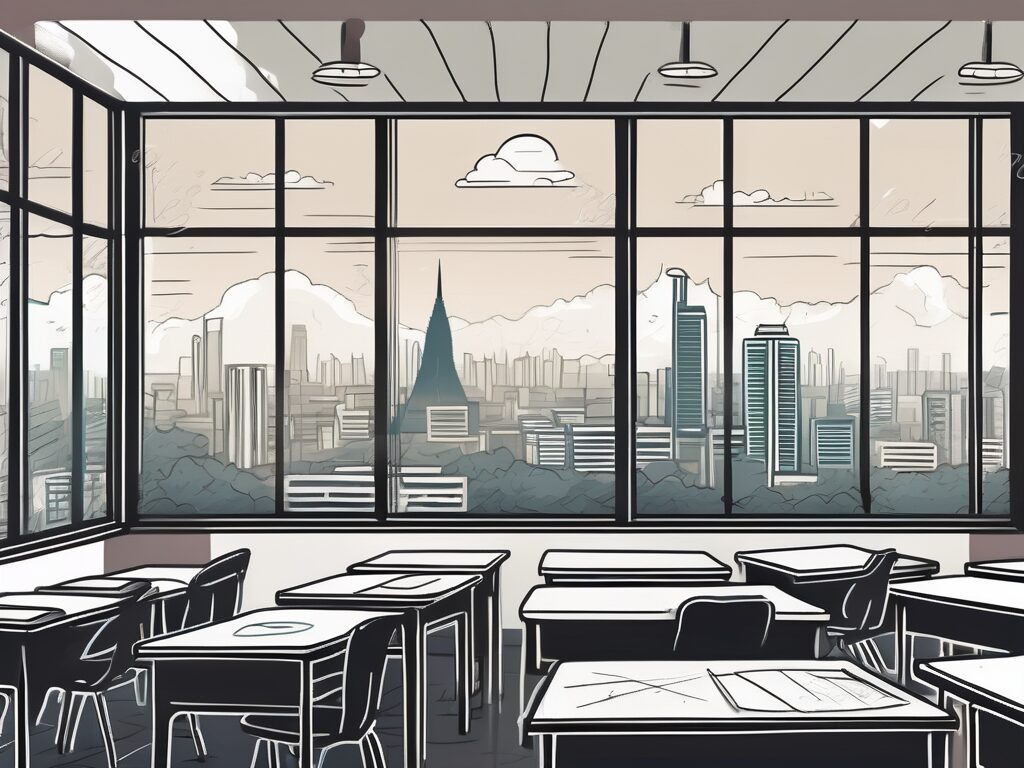Bangkok, the bustling capital city of Thailand, is a vibrant hub of culture, cuisine, and commerce. It’s also a popular destination for international teachers looking to broaden their horizons and immerse themselves in a new culture. However, while the allure of teaching in Bangkok is undeniable, it’s not without its challenges. In this comprehensive guide, we’ll delve into the various hurdles that international teachers may face in Bangkok, and offer some practical advice on how to navigate these challenges.
Understanding and Adapting to Cultural Differences
One of the first challenges that international teachers in Bangkok may encounter is the cultural differences. Thai culture is deeply rooted in Buddhism and places a high value on respect, humility, and patience. As such, the teaching methods and classroom dynamics can be quite different from what Western teachers are used to.
For example, in Thai classrooms, teachers are highly respected figures. It’s common for students to greet their teachers with a traditional Thai ‘wai’ (a bow with the palms pressed together) as a sign of respect. This level of formality can be quite a departure from the more relaxed student-teacher relationships often seen in Western classrooms.
Another cultural difference is the emphasis on group harmony. In Thai culture, maintaining social harmony is of utmost importance. This can sometimes lead to students being reluctant to ask questions or challenge ideas in class, for fear of causing conflict or losing face.
How to Adapt
Adapting to these cultural differences can be challenging, but not insurmountable. The key is to approach the situation with an open mind and a willingness to learn. Try to learn as much as you can about Thai culture and customs before you arrive. This will help you to understand the cultural context of your students’ behaviour and adjust your teaching style accordingly.
Remember, it’s okay to make mistakes. You’re not expected to know everything about Thai culture right away. When in doubt, don’t hesitate to ask for advice from your Thai colleagues. They’ll likely be more than happy to help you navigate the cultural nuances of teaching in Bangkok.
Language Barriers
Another significant challenge for international teachers in Bangkok is the language barrier. While English is taught in Thai schools, the level of English proficiency can vary greatly among students. This can make classroom communication challenging, especially for teachers who are not familiar with the Thai language.
Furthermore, the Thai language is tonal, meaning that the meaning of a word can change depending on the tone in which it’s spoken. This can make learning Thai quite difficult for native English speakers, who are not used to this aspect of language.
Overcoming the Language Barrier
While learning Thai is not a requirement for teaching in Bangkok, having a basic understanding of the language can certainly make your life easier. There are plenty of resources available for learning Thai, from language schools in Bangkok to online courses and apps.
Another effective strategy is to use visual aids and interactive activities in your lessons. This can help to bridge the language gap and make your lessons more engaging for your students. Remember, communication is not just about language. Non-verbal cues, such as body language and facial expressions, can also play a crucial role in effective communication.
Adjusting to the Climate
Bangkok is known for its hot and humid climate, which can be a shock to the system for those used to cooler climates. The heat can be particularly intense during the hot season (March to June), when temperatures can soar to over 40 degrees Celsius. This can make everyday tasks, like commuting to work or even just stepping outside, quite exhausting.
Staying Cool in the Heat
Adjusting to the heat takes time, but there are ways to make it more bearable. Staying hydrated is crucial, so make sure to drink plenty of water throughout the day. Wearing lightweight, breathable clothing can also help to keep you cool.
Another tip is to take advantage of the local amenities. Bangkok is home to a plethora of air-conditioned shopping malls, cafes, and restaurants. These can provide a welcome respite from the heat, and are a great place to relax and unwind after a long day of teaching.
Conclusion
Teaching in Bangkok can be a rewarding and enriching experience, offering the chance to immerse oneself in a new culture, meet new people, and make a difference in the lives of students. However, it’s not without its challenges. By understanding and preparing for these challenges, international teachers can ensure a smoother transition and a more enjoyable teaching experience in Bangkok.
Elevate Your Teaching Career in Bangkok with IPGCE
Ready to overcome the challenges and maximize your potential as an international teacher in Bangkok? IPGCE is your gateway to not just meeting the high qualification standards of international schools but surpassing them. Our International Postgraduate Certificate in Education (iPGCE) is tailored for educators seeking to enhance their credentials, increase their chances of securing interviews, and unlock new opportunities for career advancement. Join a global network of professionals, gain a deep understanding of international curricula, and pursue professional development without compromising your current commitments. Take the first step towards a more rewarding teaching experience and a brighter career path. Join the UK’s #1 Teacher Training Course today and transform your teaching journey in Bangkok.

